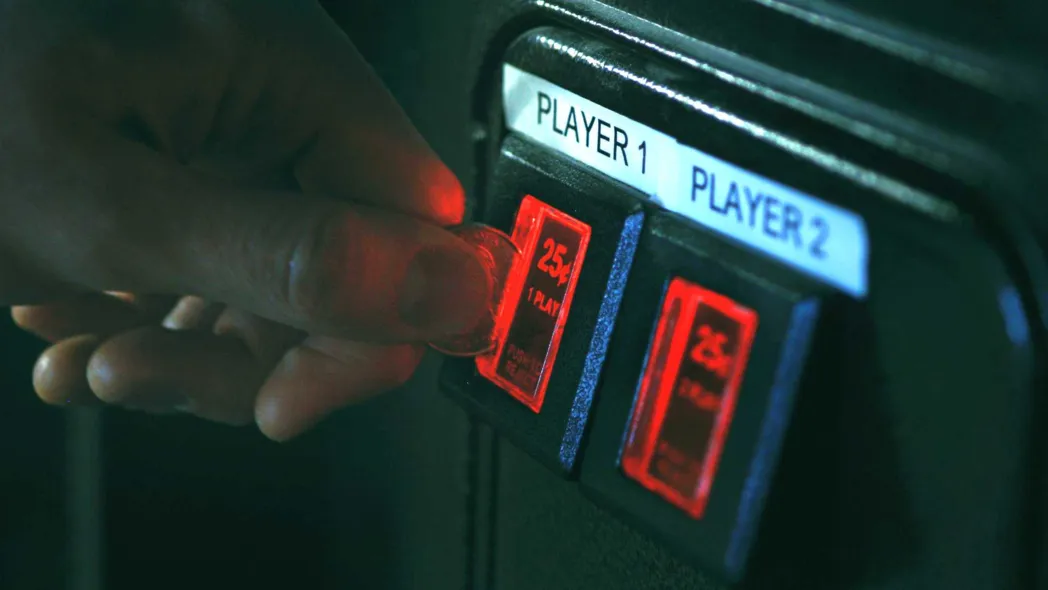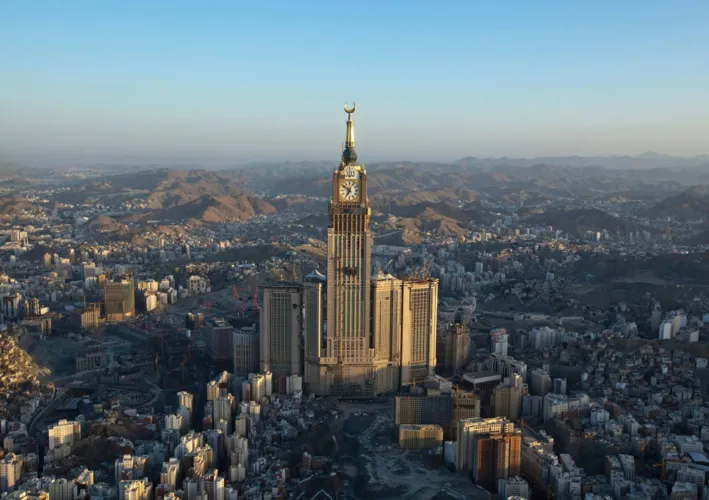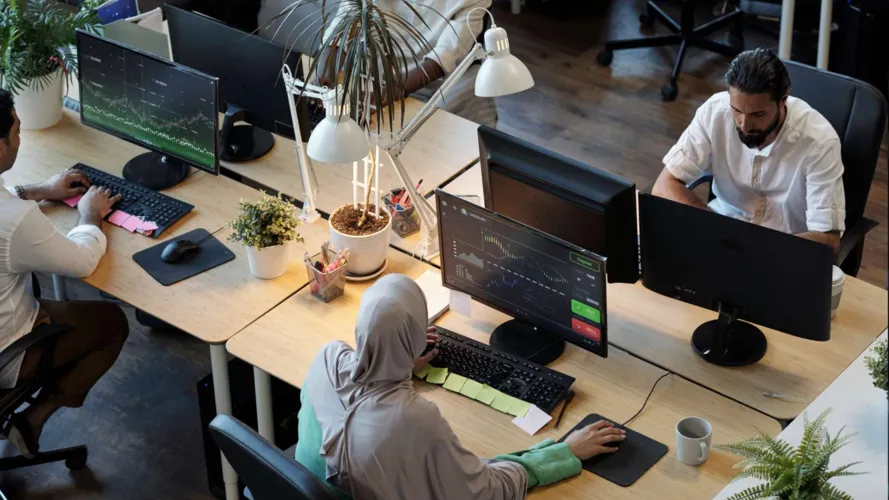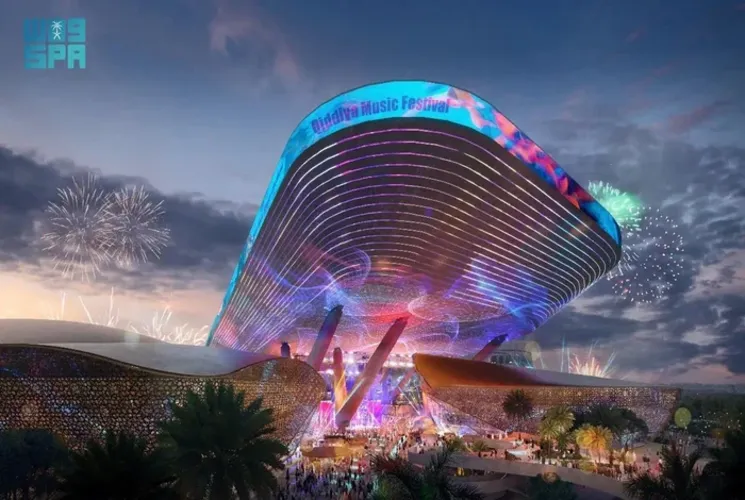Saudi Gaming Market Targets $13.3B GDP Boost and 30 Global Hits by 2031
Saudi Arabia is no longer just investing in esports tournaments; it is also building an entire gaming ecosystem from the ground up. With $38 billion earmarked for development, the Saudi Gaming Market aims to produce 30 of the world’s top 300 games by 2031, create 250 gaming companies, and contribute SAR 50 billion ($13.3 billion) to national GDP. This ambition reflects a long-term strategy to transform gaming into a cornerstone of economic diversification under Vision 2030.
The Kingdom’s approach is patient but aggressive, blending global acquisitions with local incubation. From hosting the Esports World Cup to attracting international developers, Saudi Arabia is positioning itself as a serious contender in the global gaming conversation alongside Japan, California, and Scandinavia.
$38 Billion Investment Signals Long-Term Commitment
Backed by the $1.1 trillion Public Investment Fund, Savvy Games Group is leading the charge with a $38 billion commitment to build the Saudi Gaming Market. This includes high-profile acquisitions like Scopely ($4.9 billion) and the launch of Steer, a Riyadh-based game development studio. These moves are designed to seed a domestic industry that can eventually export games globally.
Prince Faisal bin Bandar Al Saud, chairman of the Saudi Esports Federation, acknowledges the slow burn: “To build a games industry takes five to ten years. And we have a lot of patient capital there.” The strategy is clear—lay the groundwork now, and reap global influence later.
250 Gaming Companies and 39,000 Jobs by 2031
Saudi Arabia’s National Gaming and Esports Strategy sets bold targets: 250 gaming companies operating in the Kingdom and 39,000 jobs created in game development alone. These roles span design, engineering, storytelling, and publishing—offering young Saudis a viable career path in a sector that merges creativity with technology.
But building a talent pool is a chicken-and-egg challenge. Companies want skilled workers before they commit, while graduates want job security before entering the field. Saudi Arabia is tackling both sides by offering incentives, visas, and infrastructure to attract foreign firms and nurture local talent.
Esports World Cup Draws 2,000 Players and $71.5M Prize Pool
The Esports World Cup in Riyadh, now in its second year, is more than a spectacle—it’s a signal of intent. With 2,000 players from 100 countries competing across 25 titles, and a record-breaking $71.5 million prize purse, the event showcases Saudi Arabia’s ability to host and scale global gaming experiences.
Organizers admit the event isn’t profitable—yet. But the goal isn’t short-term revenue. It’s about embedding Saudi Arabia at the heart of the global esports and gaming narrative, and using these events to catalyze tourism, hospitality, and cultural exchange.
Global Developers Move In: UK and China Bet on Saudi
International developers are taking notice. Chinese publisher iDreamSky opened its first Middle East office in Saudi Arabia, while UK-based Side Inc plans to launch in Riyadh by year-end. These moves validate the Saudi Gaming Market as a high-potential growth zone.
Saudi Gaming Market Expands with $3.5B Pokémon GO Acquisition
In March 2025, Saudi Arabia made headlines by acquiring one of the most iconic mobile gaming franchises in history. Scopely, a mobile games company owned by the Saudi Public Investment Fund (PIF), purchased Niantic’s gaming division—including Pokémon GO, Monster Hunter Now, and Pikmin Bloom—for $3.5 billion. This move instantly expanded the Saudi Gaming Market’s global footprint, adding over 30 million monthly active users and more than $1 billion in annual revenue to its portfolio.
The acquisition wasn’t just about IP. It included Niantic’s entire game development team and live service infrastructure. With Pokémon GO still attracting over 20 million weekly players nearly a decade after launch, the deal positions Saudi Arabia as a serious contender in mobile gaming. It also signals a shift from hosting esports events to owning and operating globally beloved titles, reinforcing the Kingdom’s ambition to produce 30 of the top 300 games by 2031.
Also Read: Building Esports Empire: Saudi’s SAR 50B Vision by 2030







